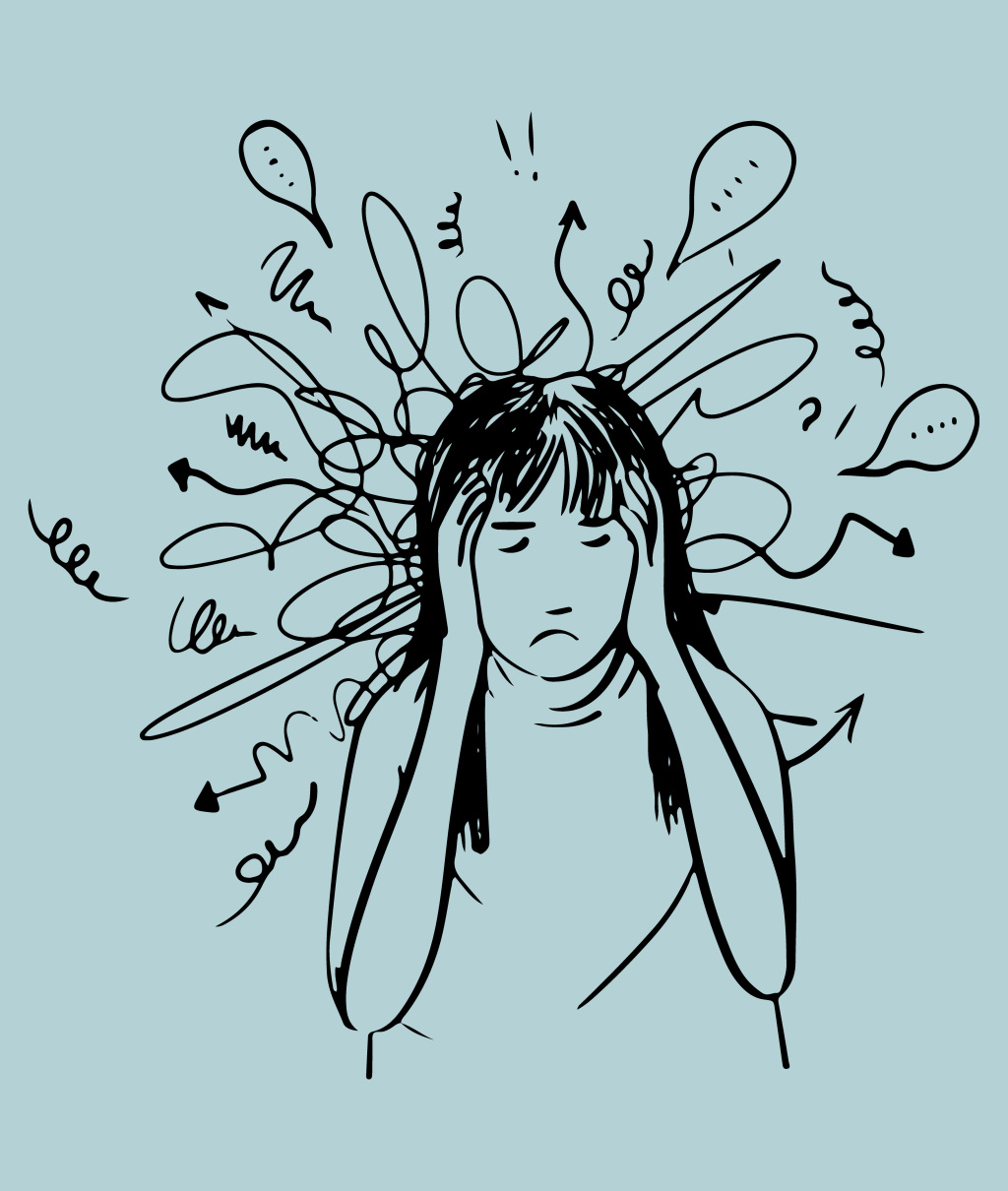Excessive anxiety is overwhelming. As a fire alarm that goes off randomly, it manifests as an uncontrollable worry, associated with heart palpitations, dizziness, insomnia, irritability, restlessness, muscle tension, and even gastrointestinal problems. People who often feel very anxious in social situations tend to be overly aware of themselves and have negative beliefs about who they are. They may also struggle to speak up, withdraw from social interactions, and see themselves as less socially skilled compared to others.
Therapy will focus on the steps you can take to treat acute anxiety symptoms or even a panic attack. Cognitive-behavioral therapy (CBT) is a common and effective type of talk therapy for dealing with anxiety. It helps you pinpoint and challenge negative and faulty thoughts or beliefs that fuel your anxious feelings. This change in thinking leads to a shift in how you behave, ultimately influencing how you live your life.
More deeply, psychotherapy for anxiety helps to not only manage symptoms but to understand the roots of the problem, something that implies exploring interpersonal relationships and how feelings of abandonment or a wish to express anger were derailed during early childhood. If your attachment figures were indifferent, rejecting, and offered inconsistent responses to psychological distress, you might have developed an insecure attachment, unconsciously internalizing perceptions of others as unreliable and untrustworthy or of yourself as unworthy and ineffective.
My overarching approach is rooted in resilience, with a focus on identifying and harnessing your strengths, enhancing your distress tolerance, and nurturing acceptance and courage. When the anxiety is specific to certain situations (for example, being embarrassed in public, being away from home, or having a serious illness) I will ask you to consider exposure therapy to gently introduce you to your fears, helping you realize that those fears are not as overwhelming as they seem. Through consistent practice over time, you can learn to face your fears and, as a result, enhance your overall quality of life.

I am in favor of using mindfulness to train you to concentrate on the present moment, steering away from thoughts and physical sensations that can quickly spiral out of control. During mindfulness, you channel your attention to any of your physical senses—sight, smell, touch, sound, or taste—to bring a sense of calm to your mind.
